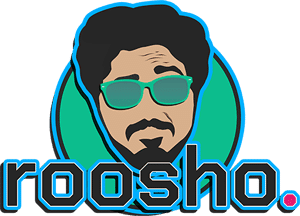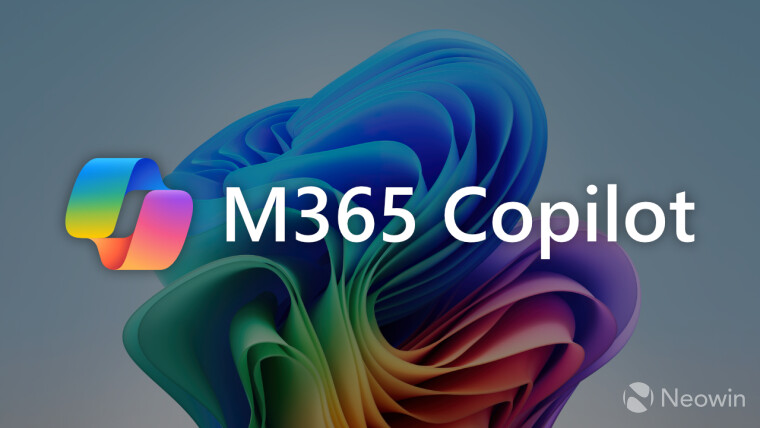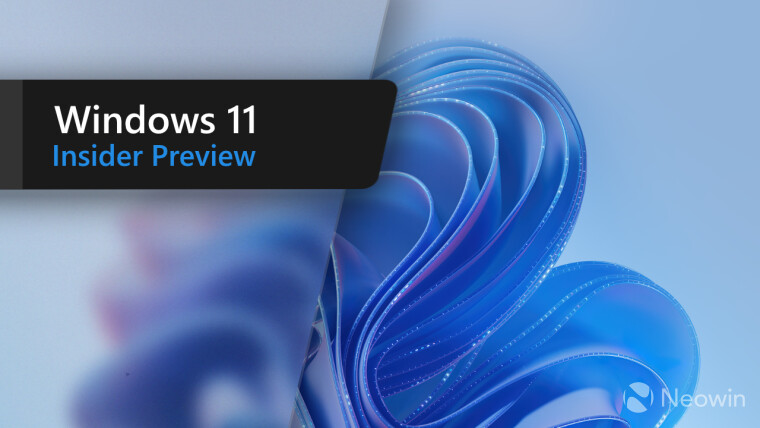Buyer relationship administration (CRM) and enterprise useful resource planning (ERP) have a good quantity of similarities however they do possess some key variations. Each CRM and ERP are software program options that, when utilized appropriately, help companies of all sizes with centralizing buyer information, rising work productiveness, and bettering automation processes with a view to drive income progress.
Nonetheless, the place these two software program platforms differ is that CRM typically helps gross sales and customer support operations, whereas ERP helps monetary operations and accounting. In relation to automation options, a CRM system automates buyer interactions and gross sales processes, whereas an ERP system automates fiscal operations and enterprise practices.
What’s CRM?
CRM is a sturdy software program software that may be built-in into your small business to spice up productiveness and improve communication and collaboration amongst your staff members. The principle objective of any CRM system is to enhance buyer interactions, which ends up in stronger relationships between your small business and its clientele, and interprets into greater profitability by means of lead conversion.
Managers and groups accomplish this objective and extra by counting on a centralized hub that shops all buyer information, which may then be simply accessed by staff members. That is notably helpful if a number of staff members are engaged on the identical account and must collaborate in lockstep, making it simpler for them to know the person needs and wishes of their buyer base, whereas taking the suitable actions wanted to maneuver ahead.
A CRM system permits your gross sales and advertising and marketing groups to remain organized, establish potential leads, and by using advances in automation practices, convert these leads into paying clients. In the end, a CRM system assists with sustaining and nurturing relationships with present clientele in an effort to maintain their curiosity from waning; whereas additionally rising buyer retention, decreasing churn, and prioritizing new clients when vital.
What are the advantages of CRM?
There are a lot of advantages that include adopting CRM software program for your small business, with improved buyer interactions being on the high of the checklist. Since a CRM system works by storing vital buyer information in a singular hub, that info may be simply accessed by anybody in your staff with only a click on. Each interplay between your staff members and clients is logged and supplies vital insights that may be recalled and leveraged to construct loyalty and enhance buyer satisfaction.
A CRM can even considerably enhance customer support by means of automation. Buyer help may be automated to trace patterns in buyer habits, which is able to help your staff with figuring out and addressing sure points earlier than they develop into problematic. When utilizing a CRM to enhance customer support, it is usually more likely to extend buyer retention and cut back churn.
When clients proceed to return to your small business, you possibly can anticipate to see a particular enhance in gross sales. And since a CRM straight assists with constructing your gross sales pipeline, streamlining gross sales processes and automating vital duties, staff members are more likely to deal with their most worthwhile clients, which ends up in a noticeable enhance in total gross sales income.
What’s ERP?
ERP is a software program answer that manages and organizes an organization’s each day enterprise actions, equivalent to accounting, mission administration and threat administration. An ERP system additionally ensures that provide chain operations perform optimally and proceed to supply flexibility when updates have to be made. A sturdy ERP platform ought to possess a number of vital options, together with an enterprise efficiency administration perform, which assists with planning and budgeting a enterprise’s monetary outcomes.
ERP methods join numerous enterprise processes and permit information to movement easily between them. By gathering shared information from totally different sources, ERP reduces information duplication and ensures improved accuracy, which creates a single dependable supply of knowledge. In at the moment’s enterprise panorama, ERP methods are important for managing companies of all sizes throughout many alternative industries.
What are the advantages of ERP?
ERP methods supply a number of key advantages for companies. For instance, an ERP system centralizes information throughout all departments, making certain that everybody has entry to correct and up-to-date info. This not solely improves decision-making and ensures a discount in errors, however it additionally promotes higher collaboration between staff members. With all features built-in, corporations can streamline their processes, automate repetitive duties, and eradicate inefficiencies, which in the end saves time and reduces operational prices.
One other good thing about ERP is its potential to enhance reporting and analytics. ERP methods present real-time insights into enterprise efficiency, serving to managers monitor their financials, and forecast future tendencies. This data-driven strategy permits for smarter decision-making and higher strategic planning.
Lastly, as ERP methods are scalable, they’ll develop with a enterprise. This flexibility makes it simpler for corporations to adapt, develop into new markets, and incorporate new applied sciences, making certain the system stays helpful as the corporate continues to evolve.
What’s the distinction between CRM and ERP?
CRM and ERP are each crucial methods for companies however serve distinct functions. CRM is designed to handle buyer relationships, specializing in bettering buyer satisfaction, retention, and gross sales. It centralizes buyer information and automates gross sales and advertising and marketing processes, which makes it simpler to nurture leads and construct lasting buyer connections. CRM is usually utilized by gross sales, advertising and marketing, and customer support groups to optimize buyer engagement and enhance gross sales income.
Then again, ERP is a complete system that integrates important features equivalent to finance, stock, human assets (HR), and manufacturing. ERP’s main objective is to streamline workflows and guarantee environment friendly useful resource use throughout departments. By centralizing information from totally different features, ERP supplies a unified view of enterprise operations, enabling higher decision-making and coordination between groups.
Whereas CRM focuses on bettering buyer relations and driving gross sales, ERP focuses on optimizing the corporate’s inner processes. Companies typically combine each methods to create a cohesive operation, the place customer-focused efforts are supported by environment friendly useful resource and information administration throughout your entire group.
Key options of ERP and CRM
ERP methods centralize and streamline a enterprise’s core operational features, together with finance, stock, HR, and provide chain administration (SCM). ERP methods enhance effectivity and visibility throughout all departments, making it simpler for groups to collaborate, monitor efficiency, and make knowledgeable selections.
Key ERP options embody:
- Actual-time information sharing throughout departments.
- Automated workflows.
- Superior reporting instruments that assist with budgeting, forecasting, and useful resource allocation.
CRM methods deal with managing buyer interactions, serving to companies construct stronger buyer relationships, and drive gross sales. CRM methods present insights into buyer habits and shopping for patterns, enabling gross sales and help groups to supply a extra tailor-made and responsive buyer expertise.
Key CRM options embody:
- Contact administration.
- Lead monitoring.
- Gross sales forecasting.
- Buyer segmentation.
- Instruments for automating follow-ups and creating personalised advertising and marketing.
How to decide on the appropriate software for your small business
To decide on the appropriate CRM vs ERP instruments, begin by understanding your small business’s wants, objectives, and funds. For a CRM, contemplate your staff dimension, buyer interplay complexity, and required options like lead monitoring and automatic follow-ups. You must also be sure that the CRM system is user-friendly and may develop together with your buyer base.
For ERP, select an answer that matches your business and integrates nicely together with your present system instruments. Be sure it helps important features like finance, stock, and HR, and examine for robust reporting, information safety, and customization choices. Contemplate in search of versatile options and at all times evaluation the help and coaching supplied by the ERP system to ensure its clean implementation.
Incessantly requested questions (FAQs)
What’s the key distinction between CRM and SCM?
Buyer relationship administration (CRM) focuses on managing an organization’s interactions with clients to spice up satisfaction, loyalty, and gross sales. A provide chain administration (SCM) system optimizes the movement of products, providers, and data from suppliers to finish clients, and goals for effectivity and well timed supply.
Can you utilize ERP for CRM?
An enterprise useful resource planning (ERP) system can be utilized for buyer relationship administration (CRM) functions, as many ERP options embody CRM modules. These modules permit companies to handle buyer information, monitor interactions, and enhance gross sales processes, though devoted CRM methods typically supply extra superior customer-focused options.
What are the advantages of an ERP?
There are a bunch of advantages that include adopting an enterprise useful resource planning (ERP) system for your small business. An ERP system centralizes information throughout departments, which improves communication, effectivity, and decision-making. It additionally streamlines operations, reduces redundancy, and supplies real-time insights, which improve productiveness and scalability.
Can CRM and ERP be built-in?
A buyer relationship administration (CRM) system and an enterprise useful resource planning (ERP) system may be built-in by combining customer-focused and operational information for a whole enterprise view. This integration improves information accuracy, streamlines workflows, and enhances customer support, making for an environment friendly expertise throughout a number of enterprise features.






No Comment! Be the first one.